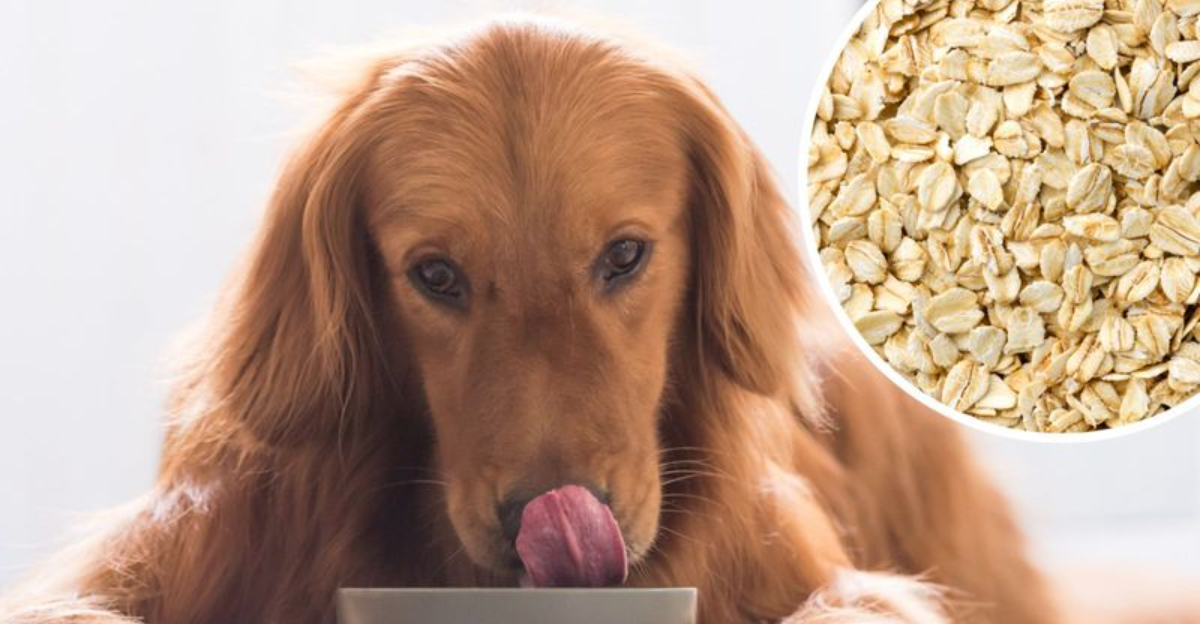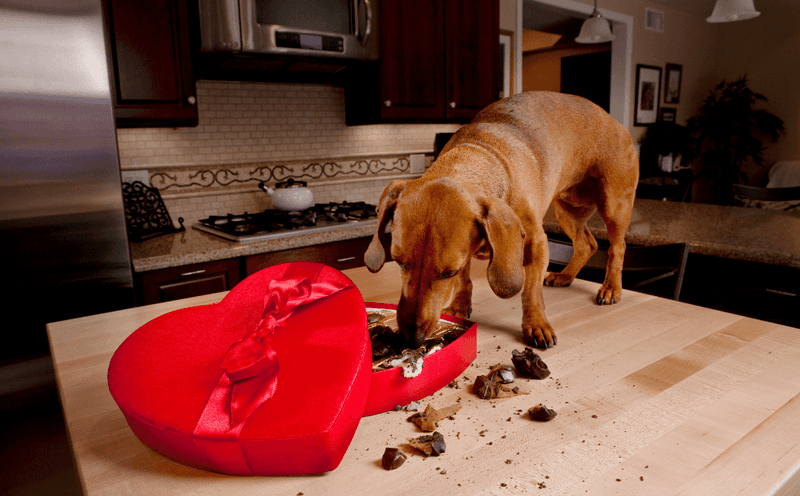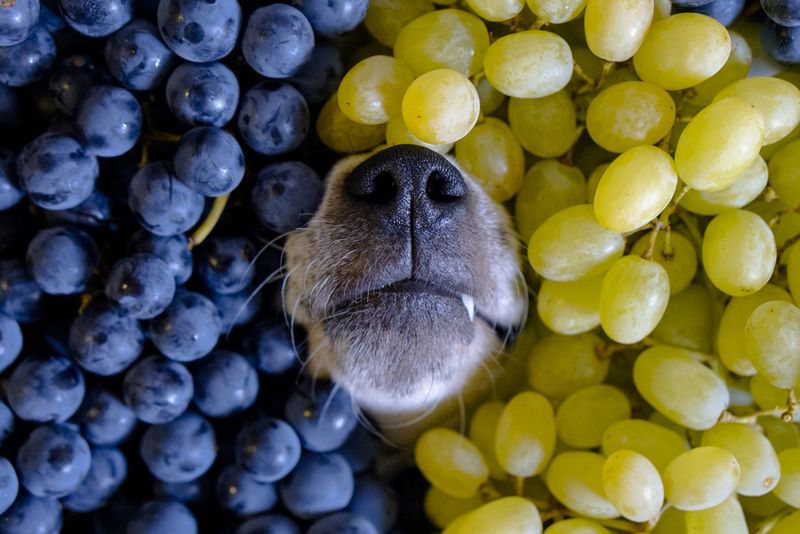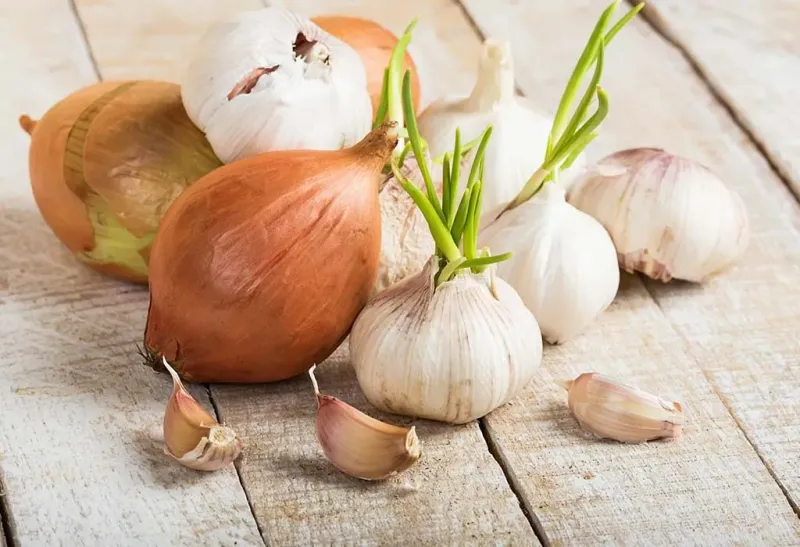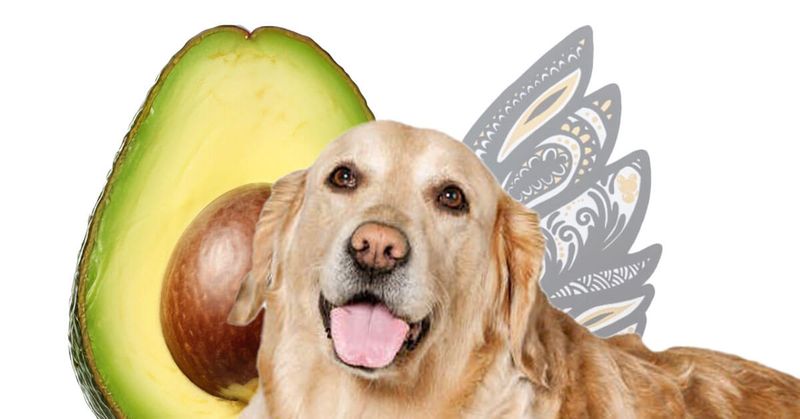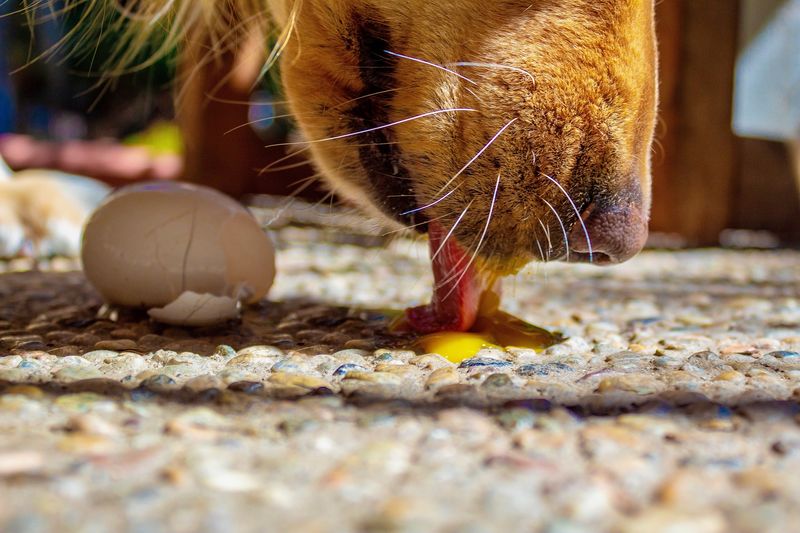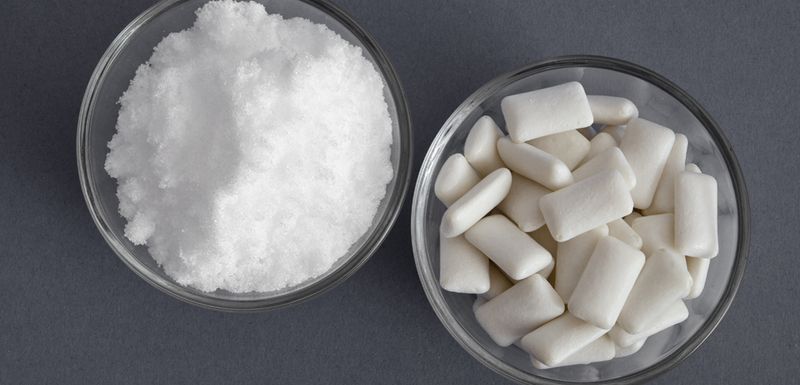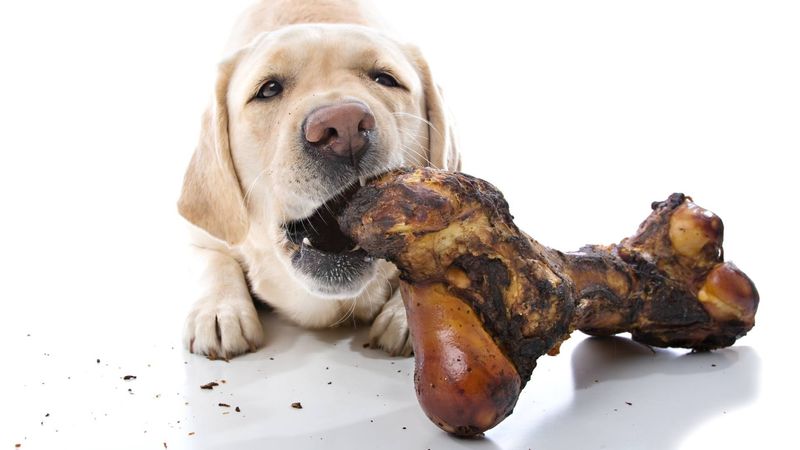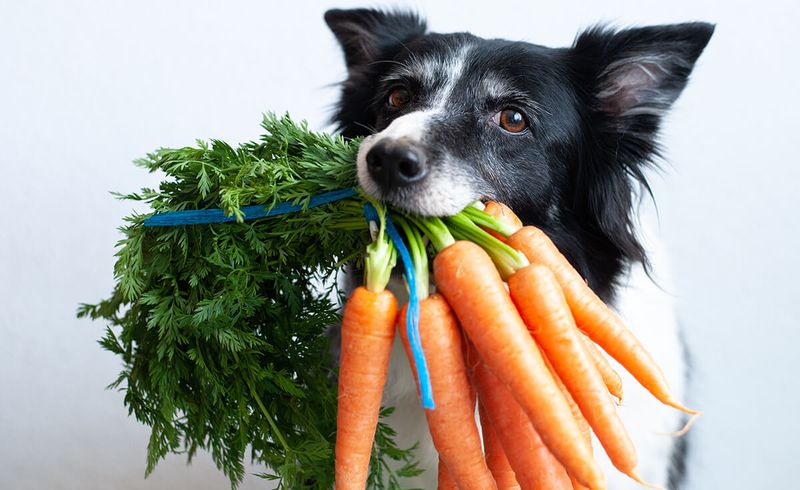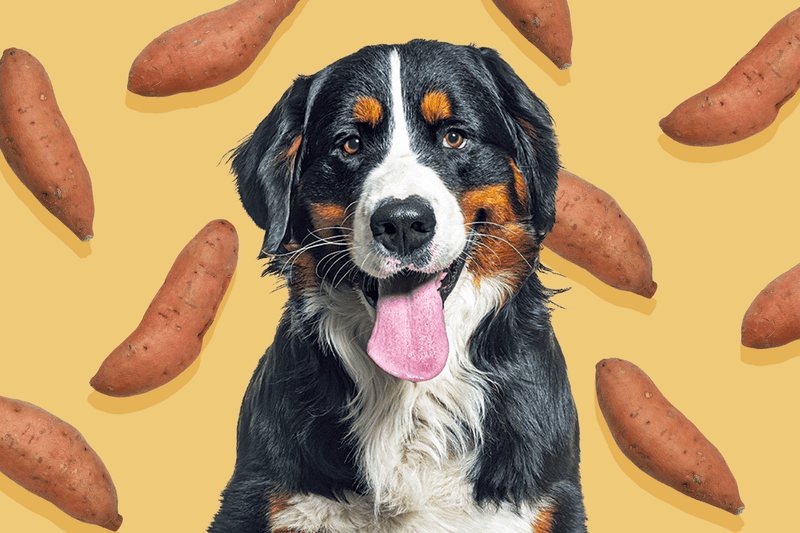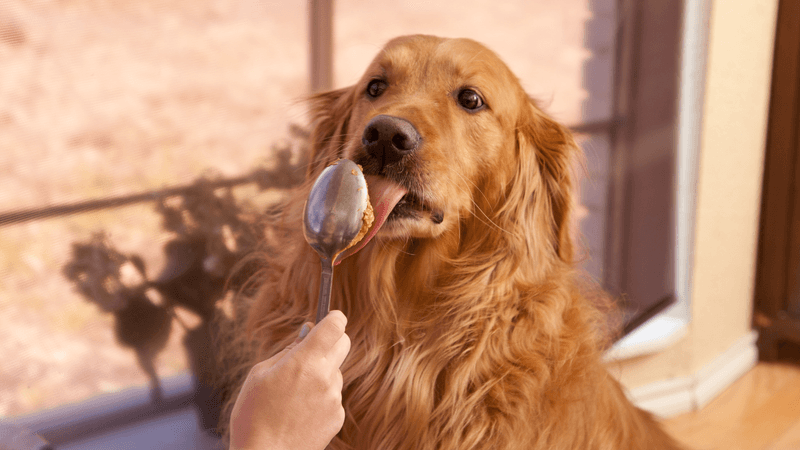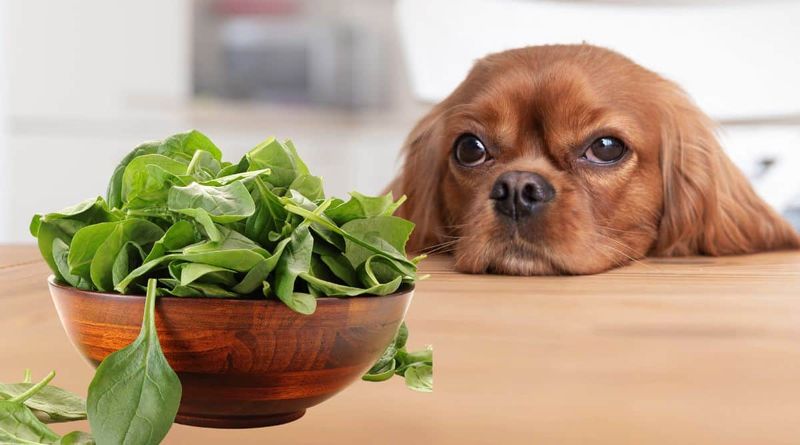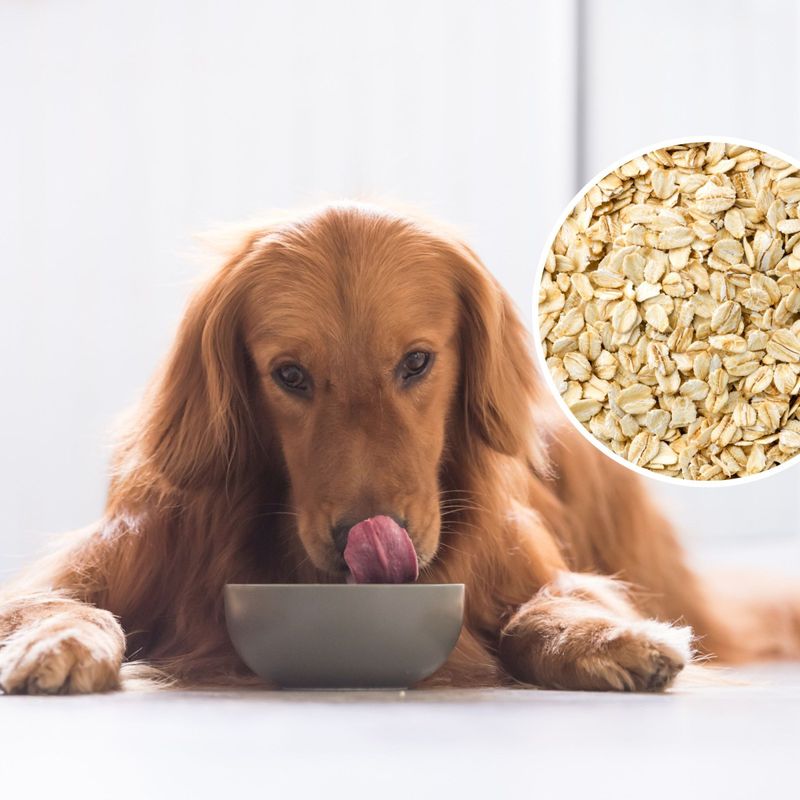Feeding your furry friend the right foods can enhance their health and longevity. In this guide, we’ll explore ten foods you should avoid and ten that will improve your dog’s life. Understanding these can make a significant difference in your pet’s well-being.
Chocolate
Dogs are naturally curious creatures. Yet, when it comes to chocolate, keep it far away from your pup. This sweet treat contains theobromine, a compound toxic to dogs. A tiny piece might not seem harmful, but it can lead to heart problems and seizures. Imagine your dog sniffing a chocolate bar, eyes wide with temptation. It’s crucial to prevent any accidental ingestion. Always store chocolate out of reach. If your dog does accidentally consume chocolate, watch for symptoms like vomiting or restlessness. Immediate veterinary attention can make all the difference.
Grapes and Raisins
Grapes and raisins may seem harmless, but they are highly toxic to dogs. Even a small amount can lead to kidney failure. Picture a curious nose poking into a grape bowl; it’s a scene best avoided. Ensure these are never within your pet’s reach, especially during family gatherings. If ingested, symptoms like vomiting and lethargy appear quickly. Swift veterinary action is essential to prevent severe health issues. Keep these fruits strictly off the menu for your beloved canine.
Onions and Garlic
Onions and garlic add flavor to our meals, but they’re hazardous to dogs. These common kitchen ingredients can damage red blood cells and lead to anemia. Picture your dog hovering around the kitchen, that’s when you need to be vigilant. Even cooked onions or garlic pose risks, so avoid them in any form. If your dog consumes these, symptoms like weakness or rapid breathing may occur. Consult your vet promptly to ensure your furry friend’s safety.
Avocado
Avocados might be healthy for humans, but they’re not safe for dogs. The fruit contains persin, a toxin that can cause vomiting and diarrhea. Picture a dog eyeing an avocado slice; it’s cute but should never be allowed. Keep avocados, including the pit and skin, away from your pet’s reach. If ingested, watch for distress signs in your dog, and contact your vet for guidance. Remember, what’s healthy for you isn’t always safe for your furry friend.
Alcohol
Alcohol is dangerous for dogs, just as it is for humans, but much more so. Even small amounts can lead to ethanol poisoning, causing severe health issues. Visualize a dog near a glass of wine, nose twitching out of curiosity. It’s a situation you should avoid at all costs. Symptoms of ingestion include vomiting, disorientation, and even coma. Keep alcoholic drinks far from your pet’s reach to ensure their safety.
Macadamia Nuts
Macadamia nuts are a popular snack for humans but toxic to dogs. Ingestion can cause weakness, vomiting, and fever. Picture a dog’s eyes lighting up at the sight of these nuts; they might be tempting but are best avoided. Always store nuts high and secure to prevent accidental ingestion by your pet. If ingestion occurs, contact your veterinarian immediately. They can provide treatments and ensure recovery without lasting harm. Remember, safety first with snacks!
Raw Eggs
While some might offer raw eggs to dogs for a shiny coat, they pose significant risks. The potential for salmonella infection is high. Imagine a dog licking a raw egg, unaware of the danger. It’s a habit not worth the risk, as it can lead to digestive problems and more. Always opt for cooked eggs instead, ensuring they’re plain and unseasoned. This way, your pet can enjoy the benefits without the risks involved.
Caffeine
Caffeine can be a morning savior for us, but it’s toxic to dogs. Even small amounts found in coffee, tea, or energy drinks can lead to serious health issues. Picture your dog sniffing a freshly brewed coffee cup; it’s a scenario to be avoided. Ensure caffeinated products are stored safely. Ingestion can cause symptoms like rapid breathing and heart palpitations. Immediate veterinary care is crucial to prevent severe complications. Keep caffeine for human consumption only.
Xylitol
Xylitol, a common sugar substitute in gum and candies, is extremely toxic to dogs. Consumption can cause a rapid insulin release, leading to hypoglycemia. Envision a dog chewing on gum; it might seem harmless but is incredibly dangerous. Store xylitol-containing products well out of reach. Watch for signs of ingestion like weak coordination or seizures. Immediate veterinary attention is vital for recovery. Keeping these products away from pets ensures their safety and well-being.
Cooked Bones
Cooked bones might seem like a treat, but they’re a hazard for dogs. They can splinter easily, causing internal injuries or blockages. Visualize a dog eyeing a leftover chicken bone; it’s a risk not worth taking. Always dispose of bones safely to prevent accidental ingestion. Opt for dog-friendly chew toys instead, providing a safe alternative for your pet’s chomping needs. This simple switch can avoid painful and costly veterinary visits.
Carrots
Carrots are a crunchy, nutritious snack for dogs, packed with vitamins and fiber. Imagine your dog happily gnawing on a crisp carrot, enjoying both the taste and the health benefits. Rich in beta-carotene, they support vision and immune health. Offering them as a treat is not only safe but beneficial for your pet. Carrots can be served raw or cooked, making them a versatile addition to your dog’s diet. Just ensure they’re chopped into manageable pieces to avoid choking hazards.
Blueberries
Blueberries are a delicious and healthy treat for dogs, full of antioxidants and vitamins. Picture your dog’s tail wagging in excitement as they enjoy these juicy berries. Antioxidants help fight free radicals, promoting overall wellness and longevity. Including blueberries in their diet can boost your dog’s health significantly. These berries can be served fresh or frozen, offering a refreshing treat on a hot day. They’re a sweet and nutritious way to spoil your furry friend.
Pumpkin
Pumpkin is a fantastic addition to your dog’s diet, offering fiber and essential nutrients. Imagine your dog eagerly sniffing a fresh pumpkin, ready to enjoy its benefits. Its high fiber content aids digestion, helping with both constipation and diarrhea. Serving pumpkin can be a gentle way to support their digestive health. Ensure you use plain, cooked pumpkin without additives. It can be mixed with regular food or given as a treat, enhancing your dog’s diet naturally.
Salmon
Salmon is a rich source of omega-3 fatty acids, promoting a shiny coat and healthy skin for dogs. Picture your dog savoring a well-cooked piece of salmon, benefiting from its nutritious goodness. These fatty acids also support joint health and reduce inflammation, making salmon a great choice for older dogs or those with mobility issues. Always serve it cooked and unseasoned to avoid any harmful effects. This delicious fish can be a tasty and healthy part of your dog’s diet.
Sweet Potatoes
Sweet potatoes are a nutritious and tasty treat for dogs, packed with vitamins and fiber. Imagine your dog’s excitement as they dig into a bowl of soft, cooked sweet potatoes. Rich in beta-carotene, they promote a strong immune system and healthy skin. Including sweet potatoes in your dog’s diet can enhance their overall well-being. They’re best served cooked and plain to ensure easy digestion. This versatile food can be a delightful addition to your pet’s meal times.
Peanut Butter
Peanut butter is a beloved treat for many dogs, offering protein and healthy fats. Picture your dog eagerly licking peanut butter off a spoon, tail wagging in joy. This tasty spread can be used to hide medication or as a reward during training, making it both fun and functional. Ensure it’s free of xylitol, a sugar substitute harmful to dogs. Opt for natural peanut butter to provide a safe and delicious snack for your furry friend.
Spinach
Spinach is a powerhouse of nutrients, perfect for adding into your dog’s diet. Imagine a dog exploring a lush spinach garden, curious about this leafy green. Packed with iron and antioxidants, spinach supports energy levels and overall health. It can be served cooked, blended into meals for an added nutritional boost. Just ensure it’s given in moderation to avoid potential kidney issues. This green treat can be a beneficial part of your dog’s diet when served correctly.
Apple Slices
Apple slices make a refreshing and healthy treat for dogs, rich in vitamins and fiber. Picture your dog enjoying a crisp apple slice, savoring the juicy sweetness. These slices are great for cleaning teeth and freshening breath, offering benefits beyond taste. Always remove the seeds and core before serving. This crunchy treat can be a delightful addition to your dog’s snack time, providing a nutritious boost while being low in calories.
Oatmeal
Oatmeal is a hearty and beneficial meal for dogs, full of fiber and nutrients. Envision your dog eagerly waiting by a bowl of warm oatmeal, ready to dive in. This meal can support digestive health, especially for dogs with wheat allergies. It’s a gentle and wholesome option for sensitive stomachs. Serve it plain and cooked to ensure it’s safe and digestible. This comforting food can be a regular part of your dog’s healthy diet.
Green Beans
Green beans are a low-calorie, nutritious treat for dogs, offering fiber and vitamins. Visualize a dog joyfully munching on a crunchy green bean straight from the garden. These beans are perfect for weight management, keeping your dog full without excess calories. Adding them to meals can be a healthy way to satisfy your pet. Serve them raw or cooked, ensuring they’re plain and free of additives. This versatile veggie can be a staple in your dog’s balanced diet.
